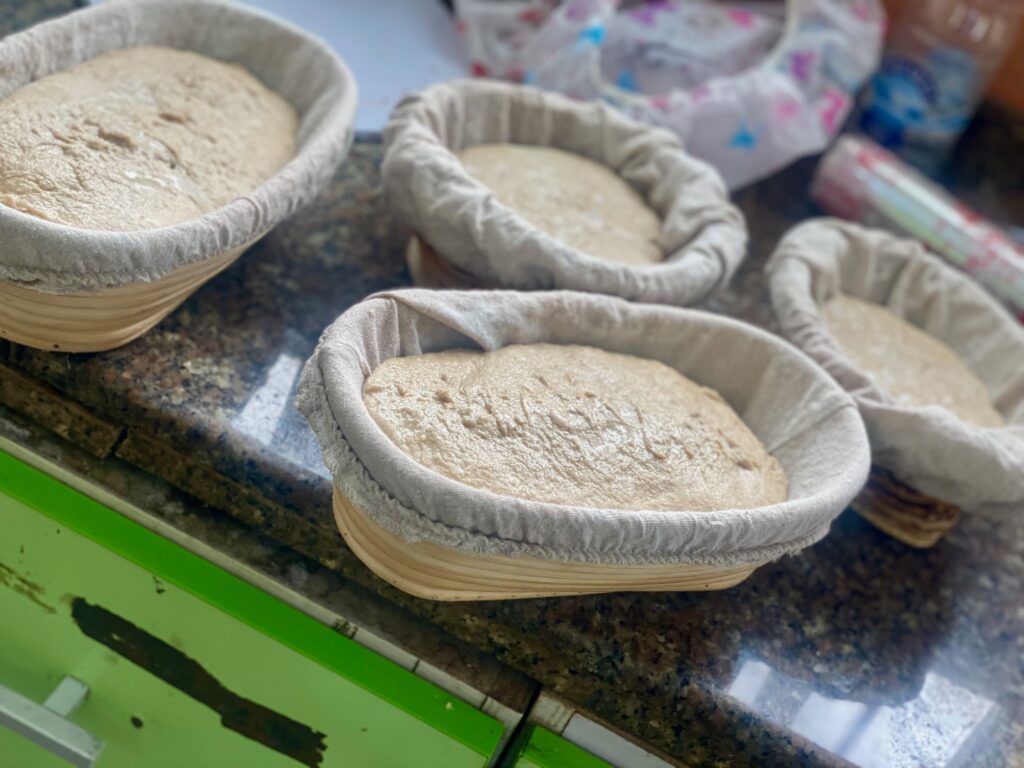Lucky-piggy.com.br – Aposte Sem Parar
Lucky Piggy — Análise unificada e guia completo Contexto inicial Lucky Piggy, desenvolvido pela PG Soft (Pocket Games Soft), adota

Sourdough bread is a type of bread leavened naturally through fermentation, using a “starter” (a mixture of flour and water teeming with wild yeast and bacteria) rather than commercial yeast. This process results in a distinctively tangy flavor and chewy texture, along with potential health benefits due to the breakdown of certain compounds during fermentation.
Here’s a more detailed explanation:
What Makes Sourdough Bread Unique?:
Our Chef Juls Sourdough Country Loaf offers a 100% local blend of heritage grains for a really rich mix of flavour and nutrition you’ll thoroughly enjoy!
Sourdough bread is a type of bread leavened naturally through fermentation, using a “starter” (a mixture of flour and water teeming with wild yeast and bacteria) rather than commercial yeast. This process results in a distinctively tangy flavor and chewy texture, along with potential health benefits due to the breakdown of certain compounds during fermentation. […]
Lucky Piggy — Análise unificada e guia completo Contexto inicial Lucky Piggy, desenvolvido pela PG Soft (Pocket Games Soft), adota
Sous sa licence Curaçao (8048/JAZ2023-025), Sirwin Casino enveloppe nos passions dans une sécurité douce et un répertoire riche de slots,
Sign up to watch our coverage of the latest big events
19a, Olatunde Ayoola Avenue
off Access Road. Anthony Village. Lagos
Cake Flair © 2025 All Right Reserved